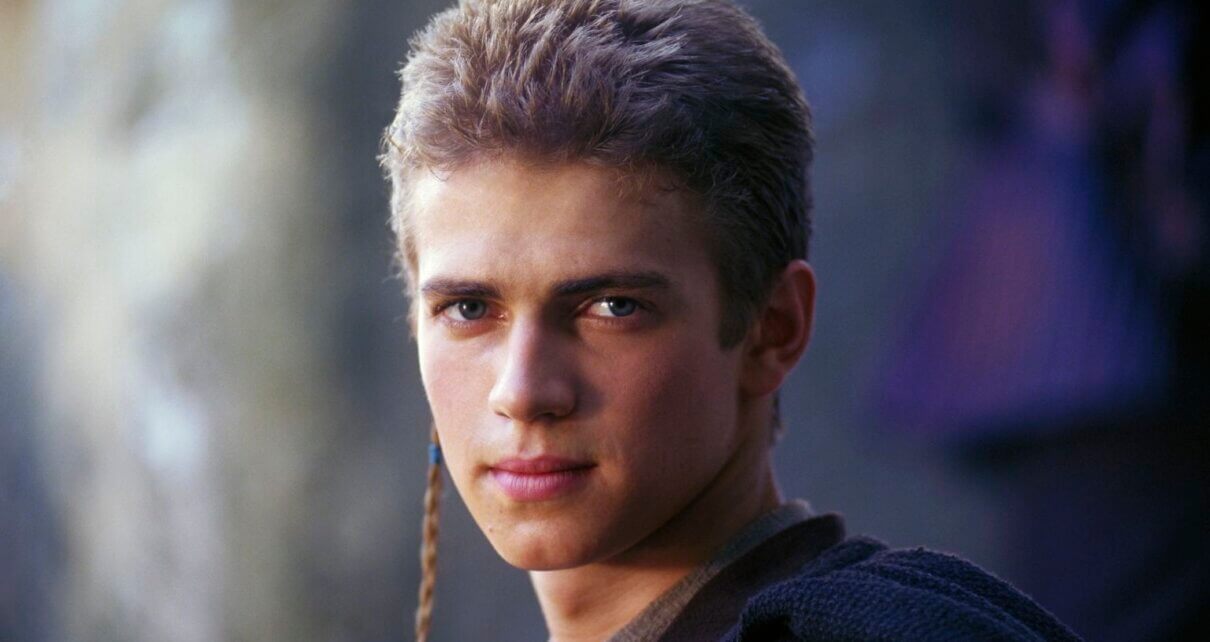Films and TV shows stand out as portals to worlds beyond our own, offering immersive experiences that transcend the boundaries of time, place, and reality. Growing up, I found solace and understanding in the narratives unfolding on screen, where characters grappled with emotions and challenges often left unspoken in my own childhood. It was through the lens of storytelling that I learned to navigate the complexities of my own identity and find a voice that encourages open discussion of feelings.
As a Hispanic man who was raised in machismo culture, it’s hard to talk about my feelings. I was taught that crying was synonymous with weakness. This idea made me worried that if I showed my feelings, others wouldn’t respect me as much. From an early age, I often thought I got the short end of the stick when it came to life. I was raised by my single mother, and we constantly moved around throughout my childhood. Going to different schools, I was bullied since I didn’t know how to make friends. Going back home wasn’t any better since my mom was always working because she was trying to provide me with a better life. I didn’t have an outlet for the confused and sad emotions that I was feeling; I couldn’t speak to my mom since I knew she would just tell me to “toughen up” and “be a man.” I would lock myself into my room and would rather be alone than do anything else.
I soon discovered a sanctuary for my emotions in the world of television and film.
The first TV series I remember that had a lasting impact on me was a scene from “The Fresh Prince of Bel-Air.” Will Smith’s character, Will, eagerly looks forward to reconnecting with his estranged father, Lou. However, Lou disappoints him by canceling their plans abruptly and offering vague excuses for his absence. Feeling a mix of frustration and hurt, Will attempts to mask his emotions when talking to Uncle Phil, his caretaker, pretending that he’s unaffected by his father’s actions. Despite his efforts to downplay his feelings, Will eventually reaches a breaking point, unable to contain his emotions any longer. He says a line that I have been wondering my whole life about my absent father:
“How come he don’t want me, man?”
Another scene that impacted me was from the movie “Star Wars: Episode II: Attack of the Clones.” Anakin Skywalker confesses that he slaughtered a tribe of raiders in a fit of rage and revenge after discovering that they had kidnapped and killed his mother. The scene shows Anakin’s inner turmoil combined with the seeds of anger and hatred that will later contribute to his transformation into Darth Vader. Anakin’s journey mirrored the pain and anger I felt inside. While I wasn’t headed to the dark side, his struggles helped me realize that acknowledging pain is important and how I deal with that pain is important as well.
My journey of falling in love with films and TV is a transformative one, shaping my worldview and nurturing my imagination in ways I never thought possible. The power of storytelling has enriched my life in countless ways. As we navigate the complexities of our modern world, let us embrace the magic of cinema, immerse ourselves in the stories waiting to be told, and open our hearts and minds to the beautiful stories told through film and television.



